Protesters in Egypt defy ban amid crackdown Excerpts:
CAIRO Clashes erupted again Wednesday in downtown Cairo, where riot police had used rubber bullets and water cannons overnight to disperse a huge anti-government demonstration. Hundreds of protesters defied a government order and gathered in Cairo and other cities, vowing to topple the U.S.-backed authoritarian Egyptian regime even as momentum appears to have dissipated since the first wave of demonstrations.
The Egyptian stock market plunged Wednesday as investors reacted to rumors of an impending revolution.
Skirmishes between protesters and security forces broke out at two small gatherings - in front of the lawyers' and journalists' union offices - but columns of riot police prevented crowds of more than a few hundred from amassing anywhere downtown. One chant that rose from a group of protesters posed the question of the hour: "1, 2, Egyptians, where are you?"
The modest turnout, just a day after demonstrations of a size unseen since the 1977 bread riots, raised serious doubts as to whether Egyptians will seize the moment and demand a new government. Large-scale protests planned for after midday prayers Friday will be a key test of the opposition's ability to turn widespread frustration into real street power.
Egypt Tightens Security in Cairo to Prevent Further Rallies Excerpts:
Jan. 27 (Bloomberg) -- Egyptian authorities banned protests and tightened security overnight to prevent demonstrators from repeating the rally of Jan. 25, when thousands took to the streets of Cairo and major cities to denounce President Hosni Mubarak, inspired by the revolt that toppled Tunisia’s leader.
Truckloads of riot police were deployed yesterday in central Cairo after demonstrations in which at least three people were killed, sending Egypt’s benchmark EGX30 index tumbling the most since November 2009. Security forces clashed with several hundred protesters outside the country’s lawyers’ association and restricted access to Tahrir Square, the scene of the largest protests the previous day.
And:
Egyptian police detained 860 protesters during two days of anti-government demonstrations, the Associated Press reported, citing officials who weren’t identified by name. About 2,000 people gathered late yesterday in central Cairo, with some saying the protests would continue. A Facebook page with more than 405,000 members that called for the Jan. 25 protests has called for another mass outing on Jan. 28.
And:
Egypt, Algeria and Yemen all rank in the bottom half, well below 59th-placed Tunisia, in Berlin-based Transparency International’s 2010 Corruption Perceptions Index of 180 nations. All Arab countries except Lebanon and Iraq are classified as authoritarian regimes in the Economist Intelligence Unit’s 2010 Democracy Index.
Risks of global instability are rising as governments cut subsidies that help the poor cope with surging food and fuel costs to ease budget crunches, the head of the United Nations’ World Food Program said three days ago.
“We’re in an era where the world and nations ignore the food issue at their peril,” Josette Sheeran said in an interview at the agency’s Rome headquarters.
Secretary of State Clinton only pretends to be neutral..
Egypt Protests LIVE Updates: Mubarak Protestors Fill Cairo's Streets Excerpts:
There were signs that the crackdown on protesters was taking a toll on Egypt's international standing. In Washington, White House Spokesman Robert Gibbs would not say whether President Hosni Mubarak, the target of demonstrators' anger and a close U.S. ally, still has the Obama administration's support. Secretary of State Hillary Clinton said the government should allow peaceful protests instead of cracking down.
A Manifesto for Change in Egypt by Mohamed ElBaradei Read this, please, but here's the excerpts:
Then, as protests built in the streets of Egypt following the overthrow of Tunisia’s dictator, I heard Secretary of State Hillary Clinton’s assessment that the government in Egypt is “stable” and “looking for ways to respond to the legitimate needs and interests of the Egyptian people”. I was flabbergasted—and I was puzzled. What did she mean by stable, and at what price? Is it the stability of 29 years of “emergency” laws, a president with imperial power for 30 years, a parliament that is almost a mockery, a judiciary that is not independent? Is that what you call stability? I am sure not. And I am positive that it is not the standard you apply to other countries. What we see in Egypt is pseudo-stability, because real stability only comes with a democratically elected government.
If you would like to know why the United States does not have credibility in the Middle East, that is precisely the answer. People were absolutely disappointed in the way you reacted to Egypt’s last election. You reaffirmed their belief that you are applying a double standard for your friends, and siding with an authoritarian regime just because you think it represents your interests. We are staring at social disintegration, economic stagnation, political repression, and we do not hear anything from you, the Americans, or for that matter from the Europeans.
So when you say the Egyptian government is looking for ways to respond to the needs of the Egyptian people, I feel like saying, “Well, it’s too late!” This isn’t even good realpolitik. We have seen what happened in Tunisia, and before that in Iran. That should teach people there is no stability except when you have government freely chosen by its own people.
Egypt: Truly, a nation on the brink. Can this form of change be instituted peacefully? More importantly, can the Mubarak regime stop this movement of change even remotely peacefully? I don't think they can. And now, the world watches..
Subscribe to:
Post Comments (Atom)



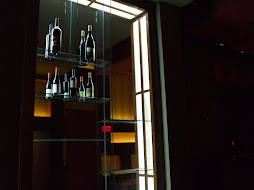







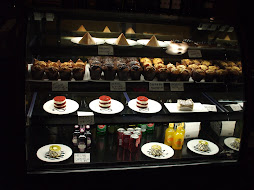





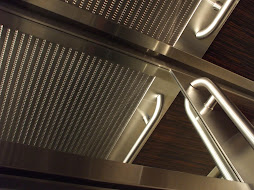





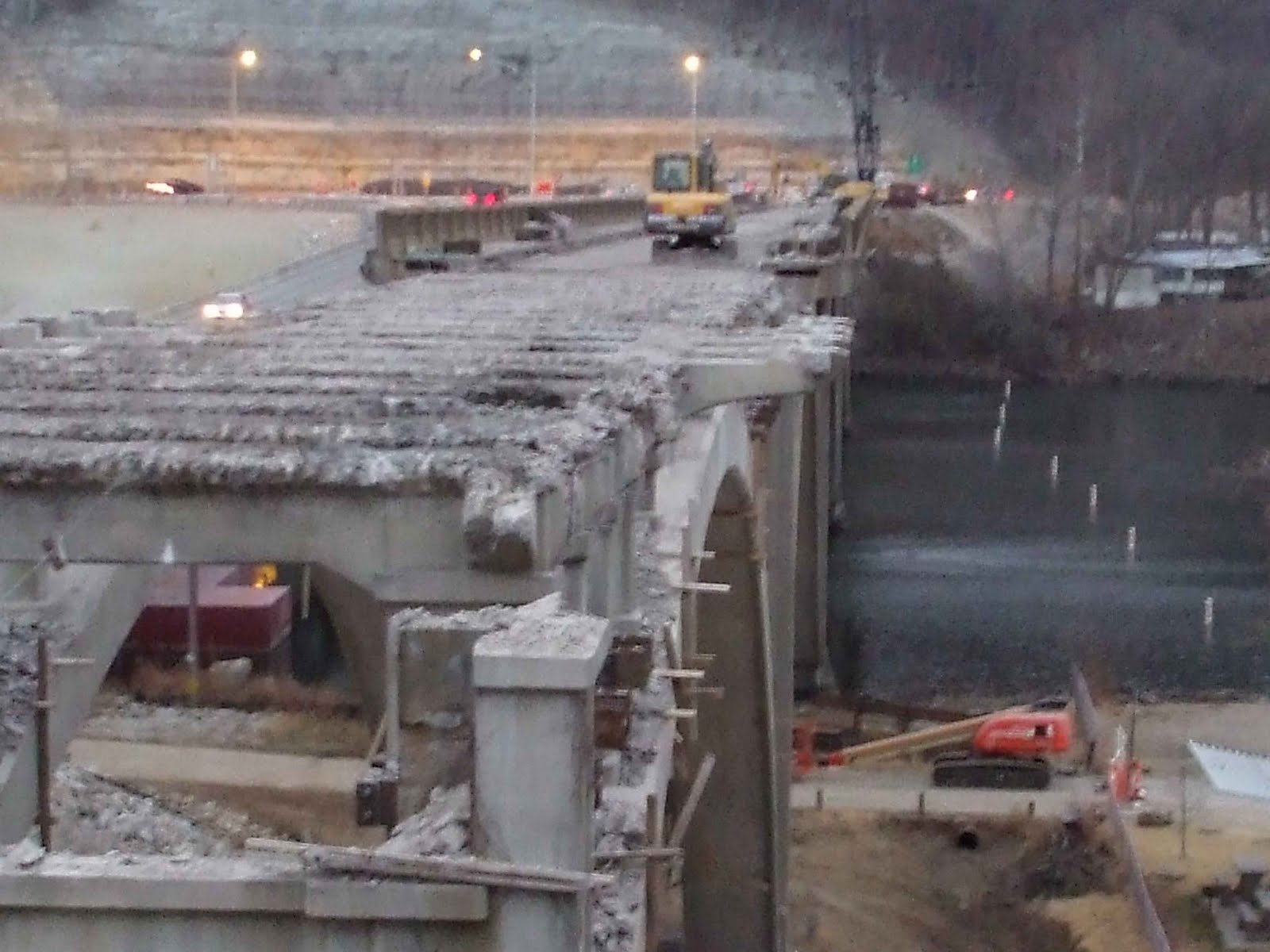
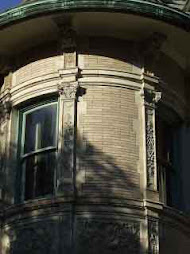

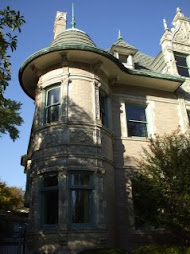


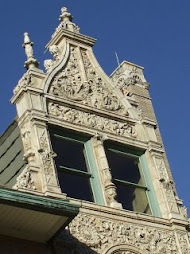













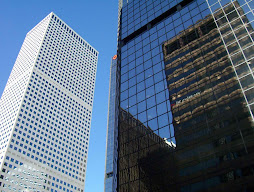





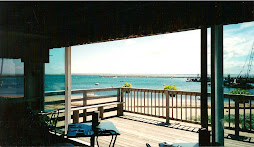
















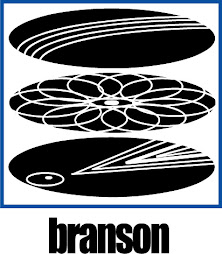






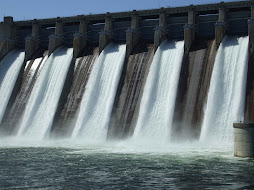







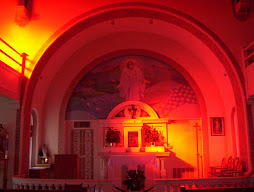





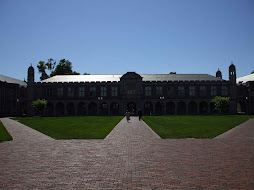








No comments:
Post a Comment